In an era where personal branding is considered essential, students and early-career professionals are being encouraged to present themselves strategically online—especially on LinkedIn. But here’s the hard truth: building a personal brand without first developing self-awareness can send you down a career path that looks great online but feels completely misaligned in real life.
This article explores the difference between personal branding and self-awareness, why both are important—but in the right order—and how graduates can balance them to make smarter, more fulfilling career moves.
Why Everyone’s Talking About Personal Branding
The rise of social platforms like LinkedIn has created a new layer to modern job searching: how you present yourself online. A strong LinkedIn presence can absolutely open doors—research shows that 77% of recruiters rely on LinkedIn to find candidates, and profiles with professional summaries receive up to 30% more engagement.
But personal branding—your ability to communicate who you are, what you do, and why it matters—is ultimately an external projection. It’s crafted, curated, and often influenced by what others are doing. And when your brand becomes more about visibility than authenticity, it can lead to:
- Misaligned applications
- Career paths driven by external validation
- Anxiety around constantly needing to “sound impressive”
Before you focus on perfecting your headline or choosing the right buzzwords, ask yourself: does this reflect who I actually am, or who I think I should be?
The Missing Piece: Self-Awareness
Self-awareness is the ability to clearly understand your values, motivations, strengths, and working preferences. According to research by Cornell University, high self-awareness correlates strongly with better decision-making, stronger leadership potential, and long-term job satisfaction.
For students and graduates, this means taking time to reflect on:
- What kind of work genuinely interests you?
- Which environments bring out your best (structured or fast-paced, independent or collaborative)?
- What are your non-negotiables—flexibility, mentorship, mission-driven work?
Self-awareness isn’t a buzzword—it’s your internal compass. Without it, you may end up in a job that looks great on LinkedIn but leaves you disengaged or burned out.
How Branding Without Self-Knowledge Can Derail You
When you build a personal brand without self-insight, it often leads to a disconnect between your public profile and your real professional preferences.
Here are common signs you’re caught in the LinkedIn trap:
- You use generic, over-polished language.
Phrases like “passionate about innovation” or “aspiring leader” might sound good but say little about you. - You model your profile after someone else’s.
You admire their path, but you don’t ask if that’s the environment you’d actually thrive in. - You apply for roles based on prestige, not alignment.
Your brand says “consulting,” but your day-to-day strengths may lie in research, operations, or social impact.
These disconnects not only weaken your applications—they also set you up for dissatisfaction once you’re hired.
The Right Order: Self-Awareness First, Branding Second
Here’s a more effective way to approach career visibility:
- Start with values.
Use platforms like Windo to explore job listings based on what matters to you—be it DEI, sustainability, mentorship, or flexibility. This gives you a vocabulary for your priorities. - Identify your unique value.
What do people consistently rely on you for in team projects? What kind of feedback do you remember most? These are your strengths. - Capture experiences with intention.
Instead of listing tasks, highlight what you learned and how it shaped your direction. Let your profile tell a story that starts with curiosity and grows into clarity. - Write your brand based on insight.
Now that you know yourself, your summary, headline, and even your job preferences will feel clearer, sharper, and more authentic.
Why This Matters for Early Career Professionals
In your first job search, it’s easy to feel behind. Everyone’s announcing offers. Everyone looks polished online. But the truth is, many of those students are still figuring it out—just like you.
Those who take the time to build a thoughtful brand based on real self-awareness often end up with:
- Roles that feel aligned from day one
- Stronger interview performance (because their goals match the employer’s values)
- A career path that evolves with them—not against them
Personal branding isn’t the problem. Branding before knowing yourself is.
A personal brand is what people see.
Self-awareness is what builds it.
You don’t need to choose between the two—but the order matters. Before you rush to define your headline, define your direction. Before you curate your profile, clarify your priorities. And before you chase visibility, build your foundation.
Windo helps you start from the inside—with job discovery that’s grounded in values, not just titles.
Explore roles that align with who you are—not just who you’re trying to sound like.

